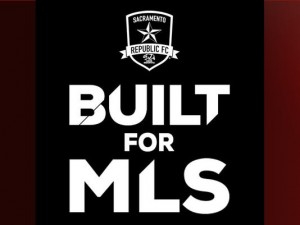The importance of social enterprises within any society cannot be overemphasized. It is integral that such enterprises exist in order to maintain the general well-being of the local and global community. By utilizing the brilliant minds of our generation to spur positive change in difficult situations, social enterprises provide a sustainable service that the United Nations cannot replace.
Even if the United Nations was fully funded, the role of social enterprise would not diminish. Social enterprises provide specific solutions to issues of any magnitude, whereas the priorities of the United Nations lie on the consensus of its member nations, thereby pushing certain agendas aside. Although I am not downplaying the significant impact of the United Nations throughout the past 60 years, I simply believe that they do not have the time nor the resources to cater to all needs in an efficient manner.
Social enterprises such as the ARC initiative provide sustainable solutions to these pressing issues by incorporating all three aspects of the triple bottom line, consisting of social, economic, and environmental development. By integrating young minds with opportunities for intellectual development, social enterprises are not only showing people how to utilize their greatest tool, but how to expand its capabilities as well.
Hence, I believe social enterprises must co-exist with the United Nations in order to resolve world issues such as poverty with the highest level of efficiency.
References
http://www.sauder.ubc.ca/Global_Reach/ARC_Initiative









